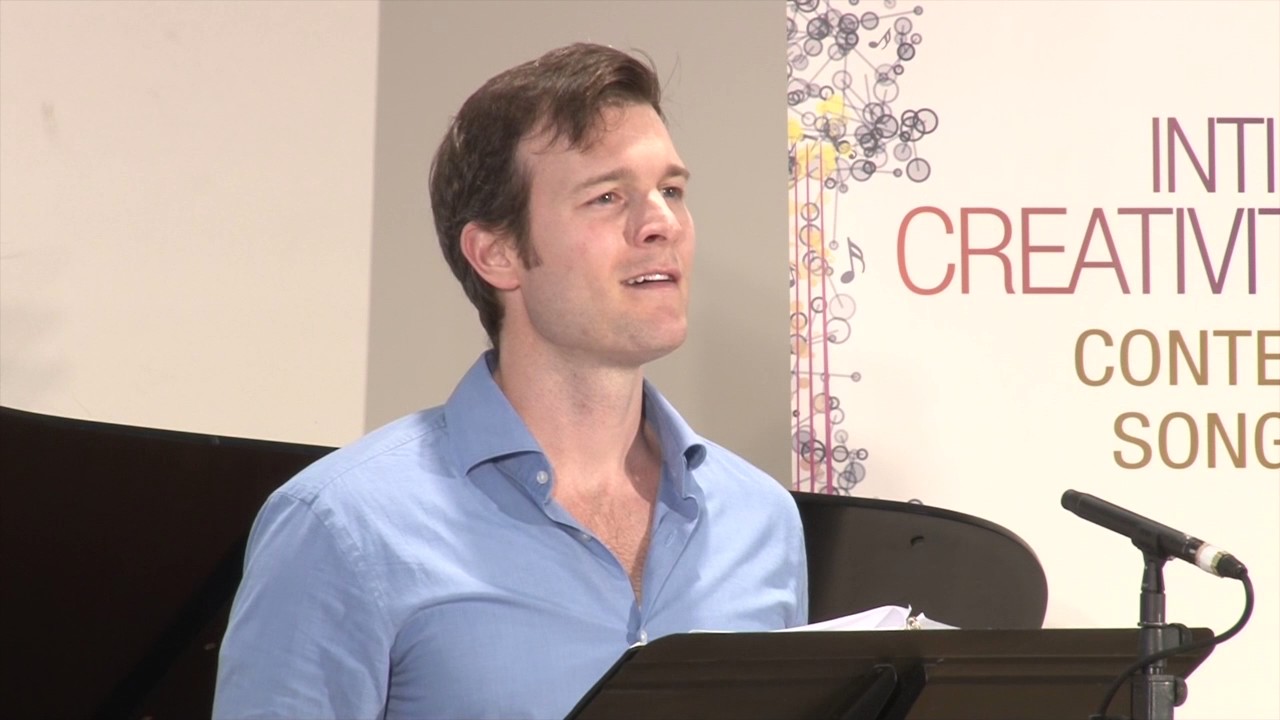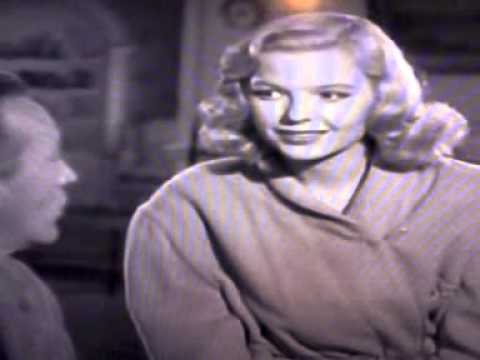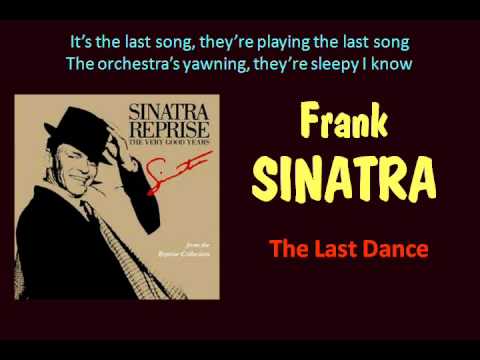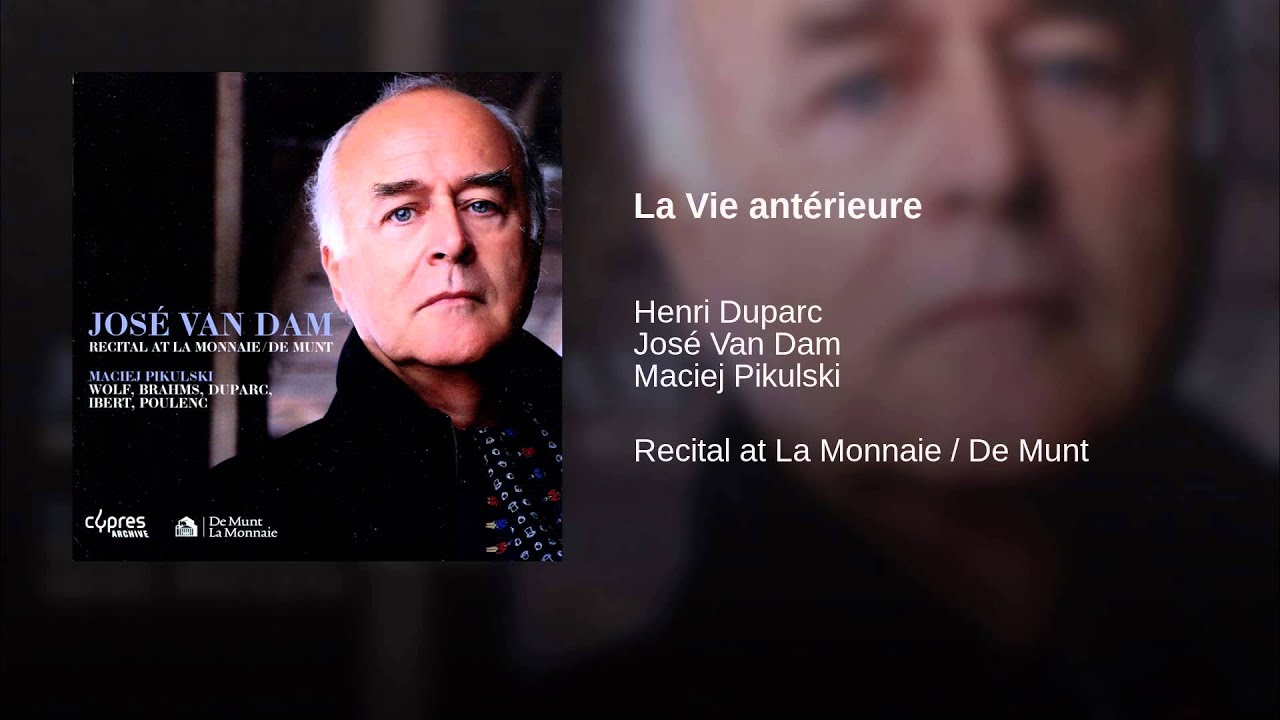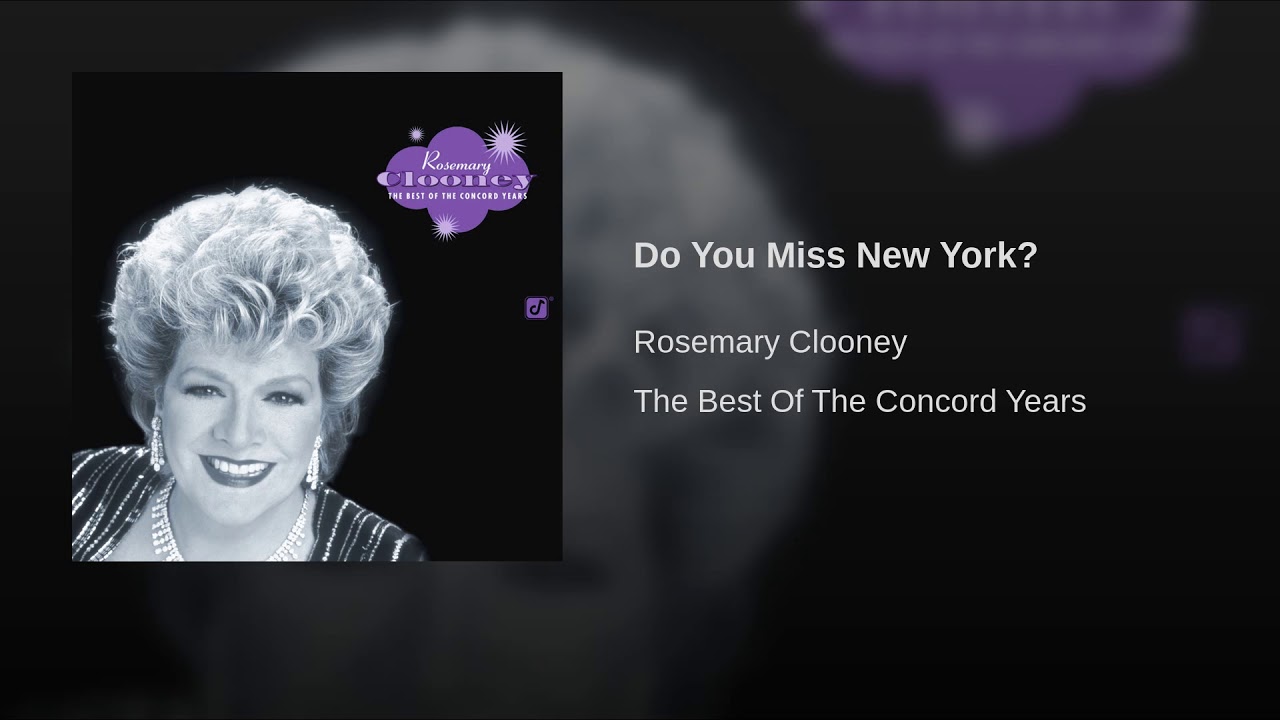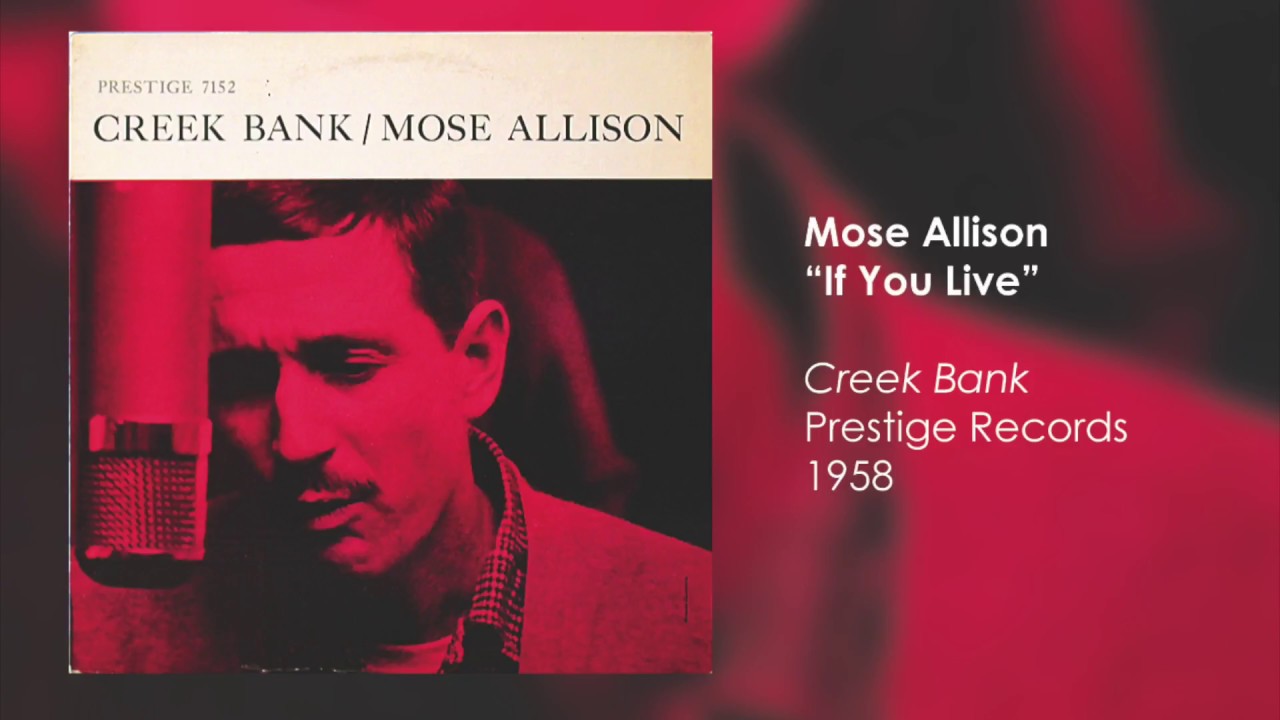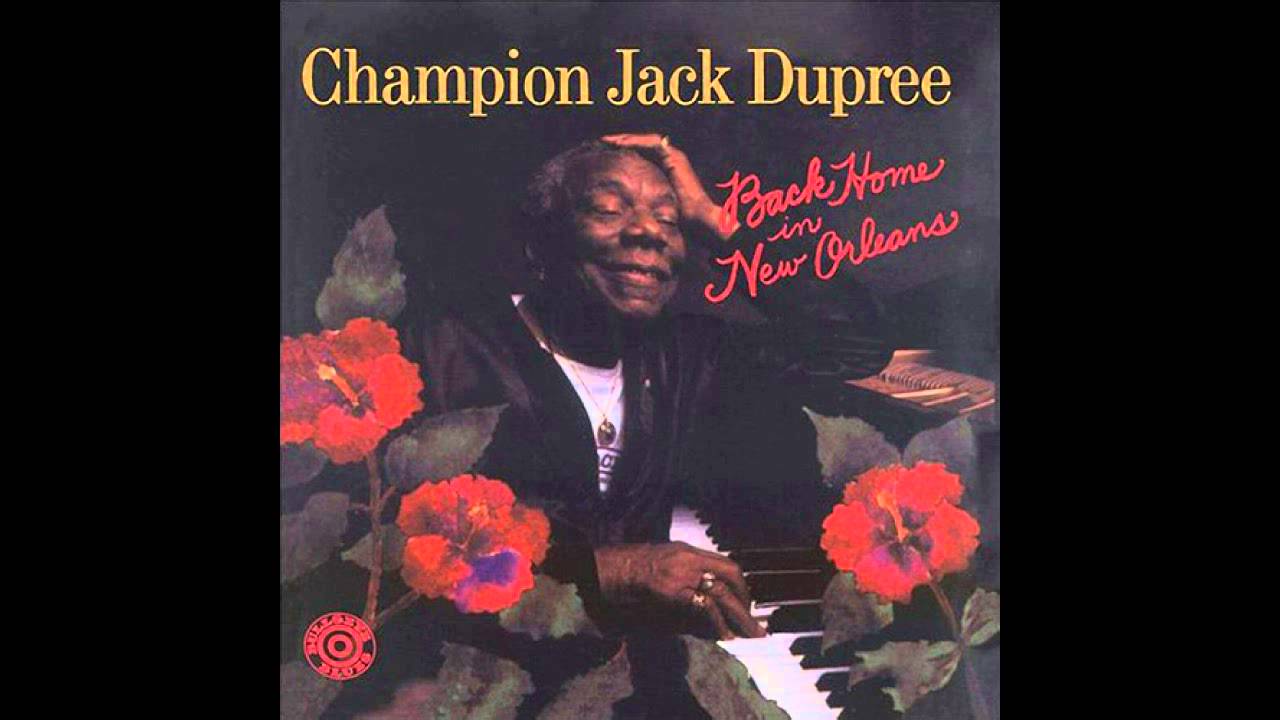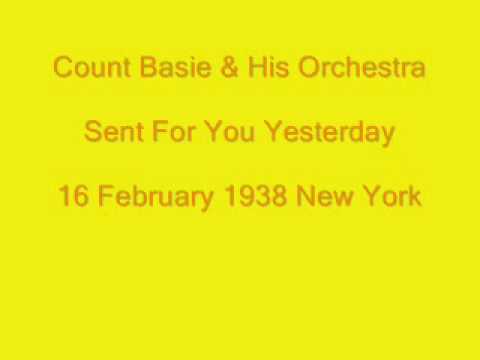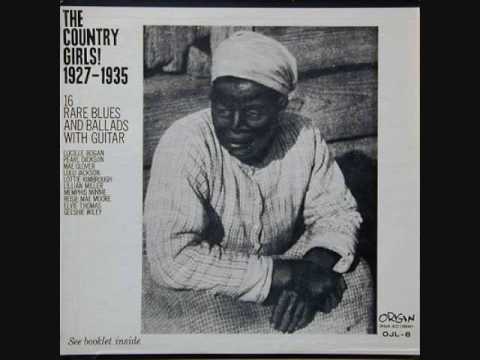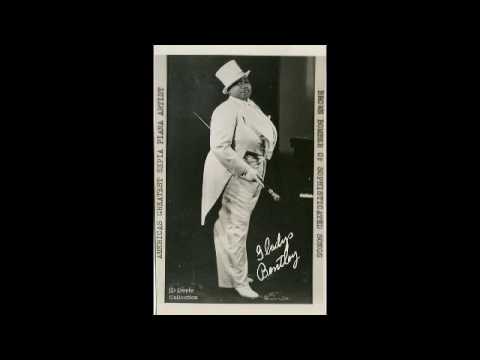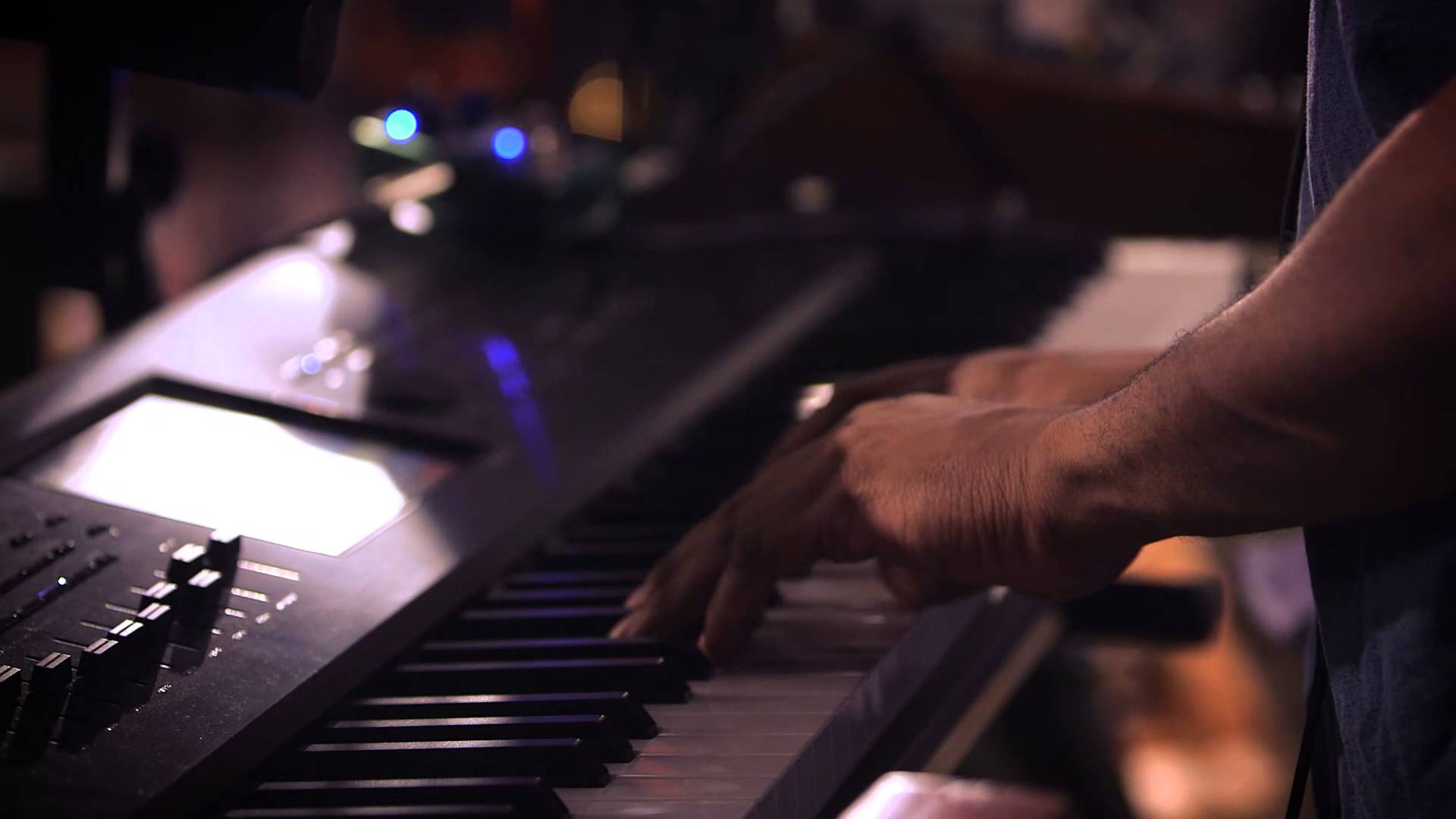Daniel Sabzghabaei: Khaham keh bar zolfat
What makes Daniel’s music so riveting is its ability to educate and challenge the ear while also providing small fragments of classical familiarity. His vocal music is always technically challenging, melismatic, romantic, and organic. His song “Khaham keh bar zolfat” challenges our ear with Farsi, an unfamiliar language to most of us, but also provides us with strings of beautiful Persian sounds and language patterns.
Irving Berlin: White Christmas
Happy Friday everyone! It’s my last day as your tour guide, and since I’ve been in rehearsals for two separate Christmas shows, I figured I would end with a Christmas song. Not only is the song one of my favorite holiday tunes, but it’s also the best-selling single of all time. I’m, of course, referring to Irving Berlin’s “White Christmas”.
Frank Sinatra sings “The Last Dance”
It’s Throwback Thursday! Isn’t it simply marvelous when we hear a song and we’re immediately transported back to a time and place, just by hearing a few notes. Obviously, it’s better when that reminiscing happens to be a happy memory. It happens to me quite often. I’ll be sitting somewhere and hear background music at a coffee shop or in a grocery store and suddenly, be back in a memory that I have locked to that song. One of those tunes that does it for me is Frank Sinatra’s recording of Jimmy Van Heusen and Sammy Cahn’s “The Last Dance”.
Colin Hay: Waiting for My Real Life to Begin
I didn’t grow up listening to the music that my grandparents would call “what the kids are listenin’ to these days”. I never seemed drawn to tune the radio to the station with the top 100 or follow the latest band or singer. Instead, I spent my time listening to Original Broadway Cast Recordings and the great standard singers, like Tony Bennett, Bobby Darin, and Rosemary Clooney. But in college, I found a different singer that was just as good a storyteller as any cabaret luminary I had seen: Colin Hay.
Henri Duparc: La Vie antérieure / L’invitation au voyage
It’s Tuesday and for this blog entry, it’s Twos-day. That’s my way of saying I’m cheating a little and have selected two songs to focus on instead of one. They come from one of my favorite chanson composers, Henri Duparc.
Rosemary Clooney sings “Do You Miss New York?”
When you are tasked with coming up with “Songs of the day”, it’s a little like being asked
“Which child is your favorite?”. I wouldn’t have an immediate answer, but probably several clarifying questions. Which genre? What mood am I in? For the first day, I then turned to my trusty iTunes library and was completely overwhelmed. So, I turned to the one singer who has never let me down, for some guidance: Rosemary Clooney.
W. C. Handy & the Birth of the Blues
In 1912, when Handy published the “Memphis Blues,” the word blues was used primarily to describe an emotional state—depression, melancholy. Songs specifically about these issues did not come into being until something like 400 years after the first mentions of the “blue devils” appeared in English. Once blues songs emerged, around 1900, they had a single overriding theme: bad luck in love. There were blues about other things—bedbugs, floods, and other irritants and calamities. There were virtually no blues about political matters, not even racial ones, until many years later.
W. C. Handy & the Birth of the Blues
For many years, Michael Barrett and I discussed doing a program devoted to the blues, that quintessential American genre. But we were never sure how to tackle such a broad topic. Then our friend, the musicologist and early blues scholar Elliott Hurwitt proposed that we devote an evening to W. C. Handy, and this magically opened up the long-sought path. I’d known about Handy—famous as “The Father of the Blues”—since my boyhood. One of his songs was in some anthology I pored over as a child—could it have been The Fireside Book of Favorite American Songs? I found his music sweet and old-timey, redolent of straw hats, picnics, bandstands on summer days.
Mose Allison: If You Live
Mose Allison was born on a farm outside Tippo, Mississippi, in 1927. He got a college education, interrupted by a stint in the military, and arrived on the New York jazz scene in the early 1950s, a fully-formed musician who soon got steady work as a pianist for saxophonists Al Cohn, Zoot Sims, and Stan Getz, and by the end of the decade was releasing albums in his own name. These records on the esteemed Prestige label, with titles like Back Country Suite, Creek Bank, and Local Color, caused something of a sensation.
Champion Jack Dupree: I Don’t Know
Champion Jack Dupree was born in New Orleans around 1910 and died in Hanover, Germany, in 1992. Son of a father from the Belgian Congo and a mother of African American and Cherokee heritage, he was orphaned at two and sent to the same Home for Colored Waifs that had provided a musical training ground for Louis Armstrong just a few years earlier. Dupree taught himself piano and embarked on a career playing in juke joints and brothels around the country.
Count Basie: Sent for You Yesterday
They called the Count Basie Orchestra “The Band That Plays the Blues.” Its All-American Rhythm Section (Basie on piano; Freddie Greene on guitar, Walter Page on bass, Jo Jones on drums), was legendary for powering this group, which rose to great popularity in the late 1930s, a bluesier alternative to the more cerebral Duke Ellington sound.
Geeshie Wiley: Last Kind Words Blues
“Last Kind Words” isn’t strictly speaking a blues, but it represents song traditions that are surely older, and embodies blues feeling, hard luck and trouble. It is particularly strong in the eerie, the power to chill the blood: so, wishing you all a [late] Happy Halloween.
Gladys Bentley: Worried Blues
Gladys Bentley (ca. 1907-1960) was one of the biggest stars of African-American entertainment in the 1920s, along with Florence Mills, Ethel Waters, Josephine Baker among female stars at her level, and her stardom lasted through the 1930s. She was typically seen in a white tuxedo, and never, at least in public, as a woman.
Snarky Puppy: Lingus
The song “Lingus” by the group Snarky Puppy has been recorded by the group many times, but my favorite take is from their ninth album We Like it Here.
Ben Bliss and Lachlan Glen
Pianist Lachlan Glen and tenor Ben Bliss are co-founders of the millennial-focused arts presenter MISE-EN-SCÈNE STUDIOS (MESS) and our co-Artists of the Month for November. On December 11, NYFOS will join MESS for an updated performance of our annual holiday tradition: A Goyishe Christmas to You!


